Quaker women in the eighteenth century were carrying on the faith and activity of their seventeenth-century forebears, but as a group their lives and writings have been neglected in modern times by both Quaker and other historians. Gil Skidmore, who is very well qualified to compile a selection of the writings of these Quaker women, has written an engaging introduction to their lives and times, and she brings together a rich array of letters, spiritual autobiographies, journals and memoirs.
In her Introduction, Gil Skidmore puts the lives and concerns of these women into context and gives detailed biographies of each author. She shows the links that existed between them personally and the differences in their thought, expression and experience. In broader terms, she illustrates how the writings of these women are relevant to the development of Quakerism up to the present.
Gil Skidmore has chosen eight outstanding women whose writings she thinks are particularly poignant as well as relevant today: Grace Hall Chamber, Lydia Rawlinson Lancaster, Ruth Alcock Follows, Catherine Payton Phillips, Sarah Tuke Grubb, Priscilla Hannah Gurney, Mary Alexander, and Ann Crowley. As she writes in her Introduction:”I decided on these eight women partly because between them their lives span the century and partly because they have interesting and, I think, helpful things to say to the modern reader.
The group also illustrates the personal links which existed between travelling ministers and between Quaker women in the eighteenth century. The network of encouragement and support built up through women’s meetings and women travelling together as companions in the ministry, as well as the hospitality offered in one another’s homes, contributed much to the continuation of Quakerism in the eighteenth century as a vital force. Their influence has been a well-kept secret for too long.”


![Strong Light-Matter Coupling: From Atoms to Solid-State Systems [Hardcover] Kwek, Leong-Chuan; Auffeves, Alexia; Gerace, Dario; Richard, Maxime; Portolan, Stefano; Santos, Marcelo Franca and Miniature, Christian](https://booksandbook.com/wp-content/uploads/2023/03/Strong-Light-Matter-Coupling-From-Atoms-to-Solid-State-Systems-2-600x600.png)
![Strategic Language Learning: The Roles of Agency and Context (Second Language Acquisition, 49) [Hardcover] Gao, Dr. Xuesong (Andy)](https://booksandbook.com/wp-content/uploads/2023/03/Strategic-Language-Learning-The-Roles-of-Agency-and-Context-Second-Language-Acquisition-49-2-600x600.png)
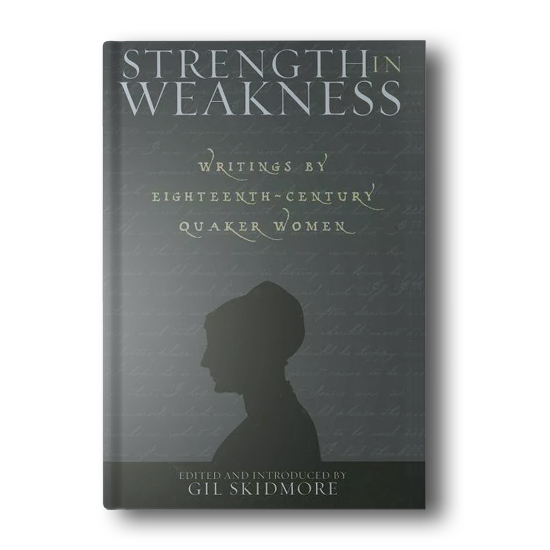

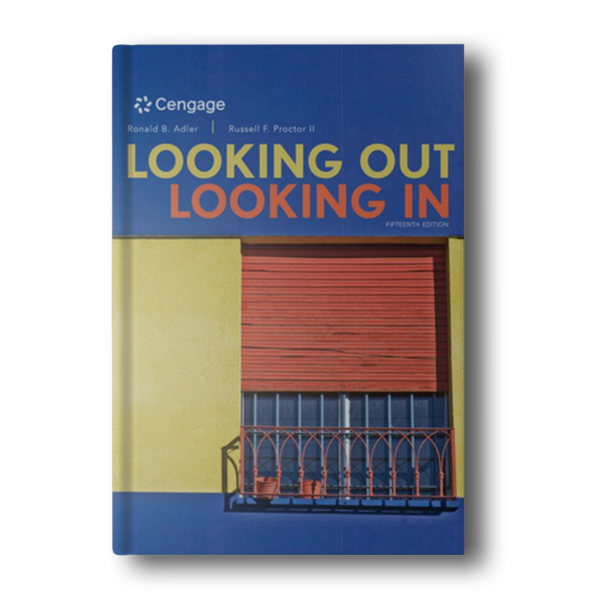
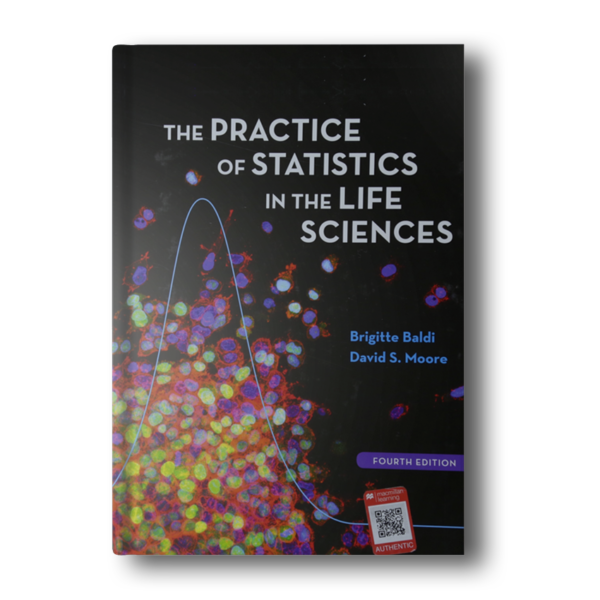
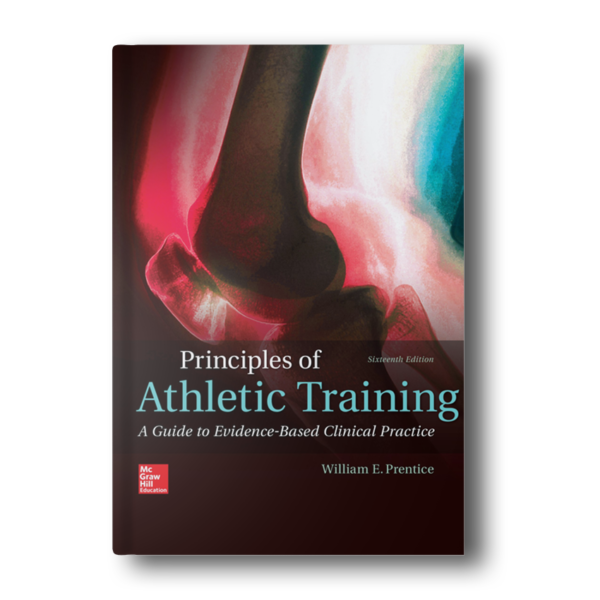
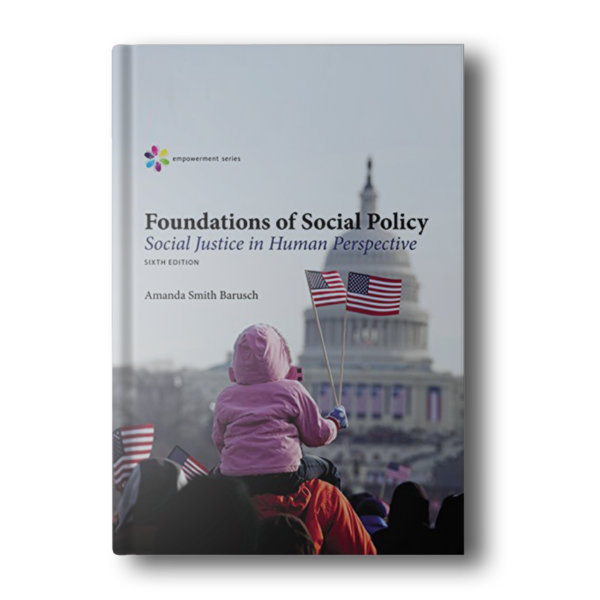
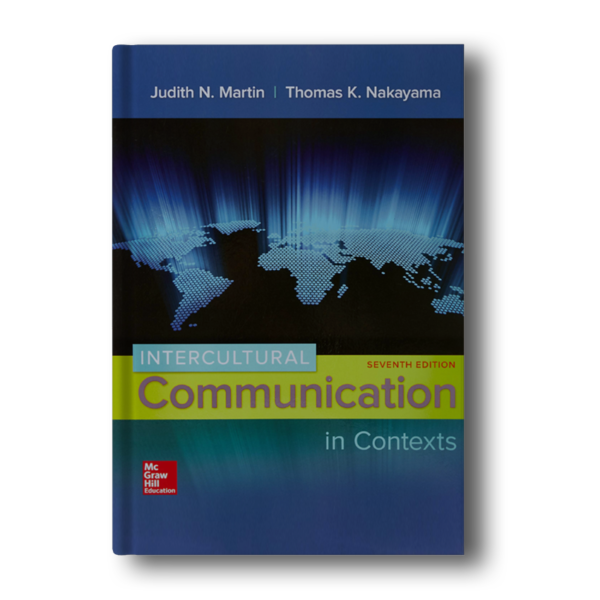
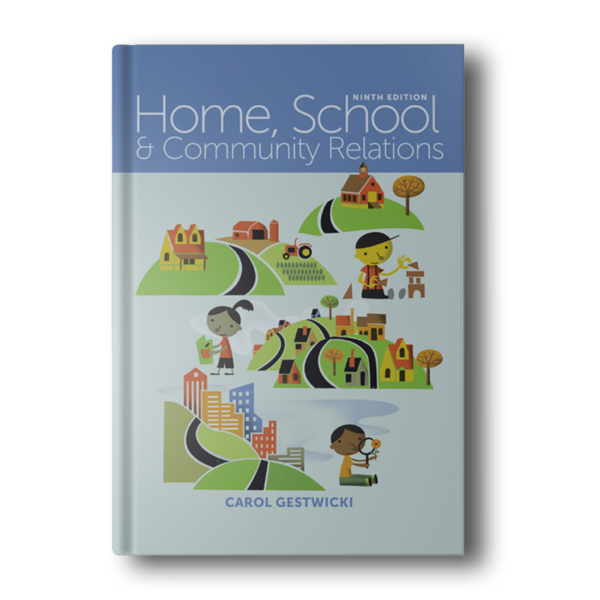



Reviews
There are no reviews yet.